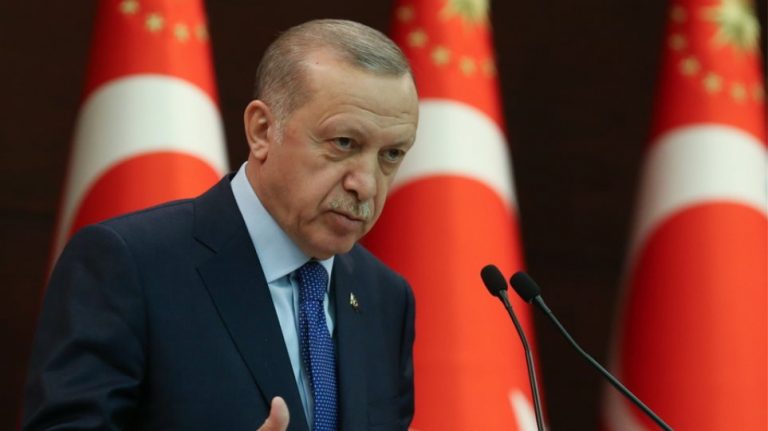In a move that has stunned millions expecting government support against the COVID-19 crisis, Ankara has launched a campaign to collect donations from the public, lacking the funds to provide a meaningful social shield against the economic fallout of the pandemic, but reluctant — at least for now —- to seek support from the International Monetary Fund (IMF).
President Recep Tayyip Erdogan inaugurated the campaign March 30, saying, “Our aim is to provide additional support to low-income citizens who have been affected by the measures [against the outbreak], particularly those living off daily wages.” He said he was donating seven months of his pay to the campaign.
Since March 18, when Erdogan unveiled a package of measures designed to cushion the economic shock of the pandemic, Ankara has come under fire for prioritizing companies and banks while doing little for households, unlike the US and European governments, which have offered “helicopter money” — or free cash transfers — to citizens, in addition to measures to prop up companies and the financial system.
Telegraph: When coronavirus ends, Greece is the first spot to visit
Erdogan’s stimulus package — called the “economic stability shield” — has failed to satisfy the business community and workers alike. Simone Kaslowski, the chair of the Turkish Industry and Business Association, which groups the country’s largest conglomerates, said, “There is a significant number of unregistered and self-employed workers. A mechanism to compensate their income losses should be considered as well. Direct transfers to households could be similarly considered, just like in the United States or Hong Kong or South Korea. Some [governments] have offered cash support also to individuals placed under quarantine, either for being sick or suspected of being positive cases.”
Three leading confederations of workers’ unions have been even more vocal. “Employers, the Unemployment Insurance Fund and the state must provide income support to all workers who have lost jobs and income due to the global pandemic,” they said in coordinated statements March 30.
Ask me anything
Explore related questions





